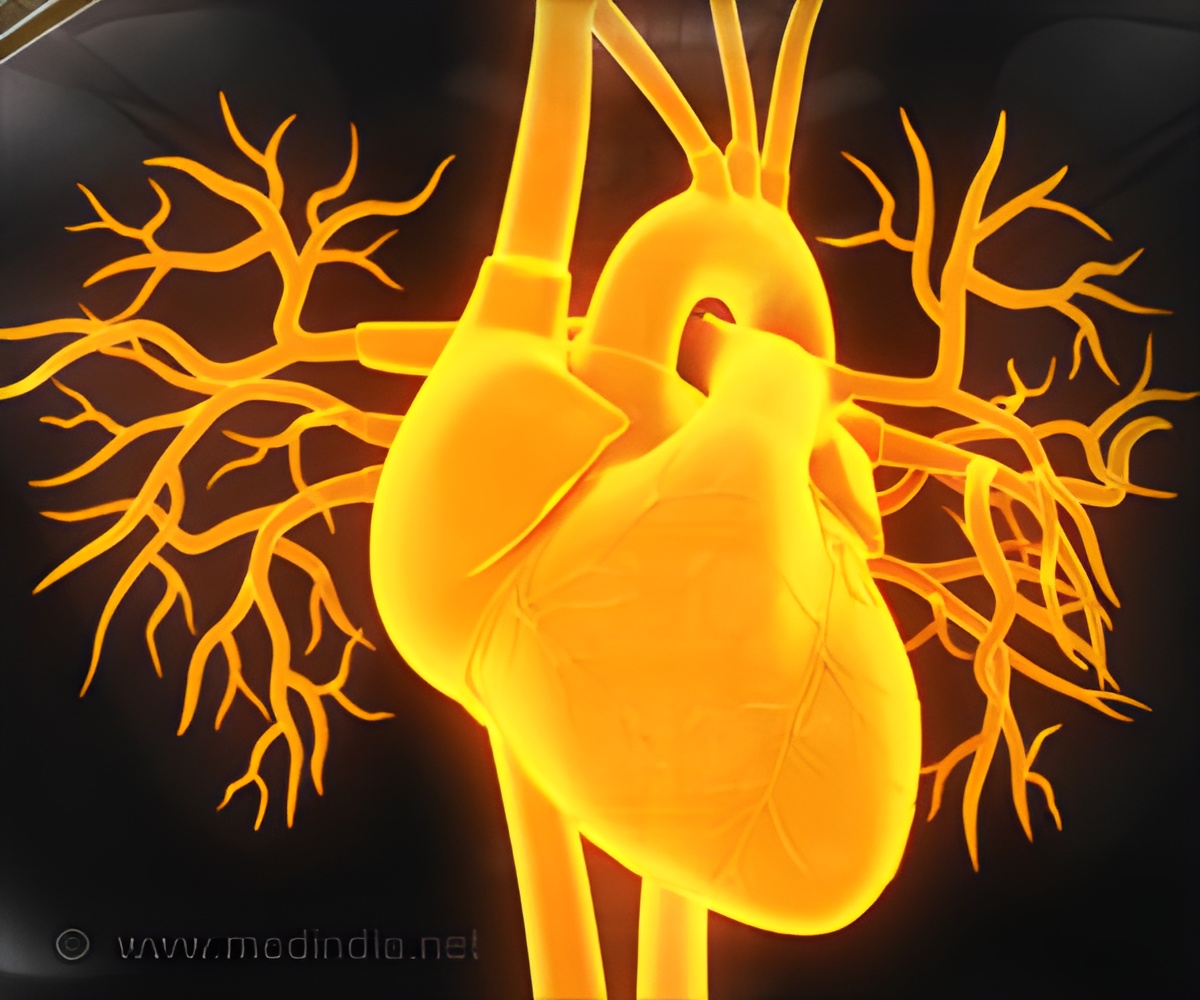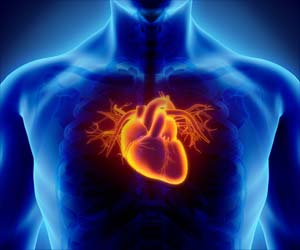Researchers have unveiled a new silicon chip that holds human lab-grown heart muscle cells for assessing the effectiveness of new drugs.

‘A key contribution of functional systems based on human cells is the ability to examine how treatments affect the broader function of human tissues.’





The system includes heart cells, called cardiomyocytes, patterned on the chip with electrodes that can both stimulate and measure electrical activity within the cells. The researchers discuss their work in this week's APL Bioengineering, from AIP Publishing. These capabilities provide a way for determining how the restriction of blood supply, a dangerous state known as ischemia, changes a heart's conduction velocity, beat frequency and important electrical intervals associated with heart function.
Ischemic conditions have been difficult to mimic in other animals. The heart of a rat, for example, has a metabolism that is more than six times higher than a human heart's, meaning they face an increased need for glucose faster and can fall into ischemia more quickly.
"You go to the doctor's office, and they don't immediately start looking for biomarkers, but that's how a lot of drug discovery is conducted," said James Hickman, an author on the study. "Instead, the doctor would essentially ask you, 'How are you functioning?'"
The group used the chip's unique ability to determine conduction velocity from electrical activity to study how drugs designed to curb the effects of ischemia affect gap junctions, the tunnels between cardiomyocytes that allow them to propagate an electric signal.
Advertisement
Hickman soon hopes to use the robustness of the platform to study other organs, including how cells in the heart signal to cells in the liver and the brain while under ischemia or how ischemia effects other organs, especially the brain.
Advertisement
Source-Eurekalert














